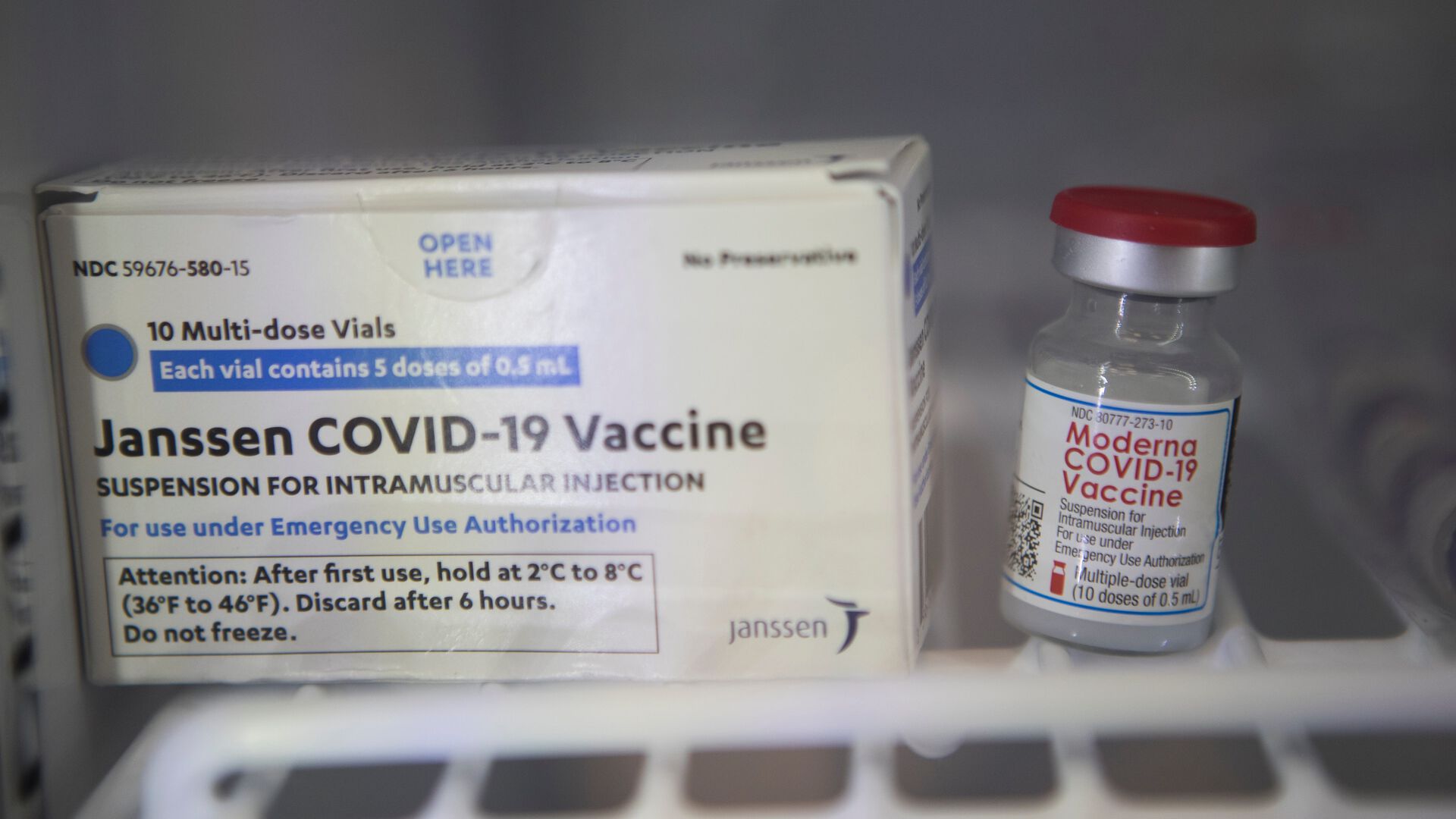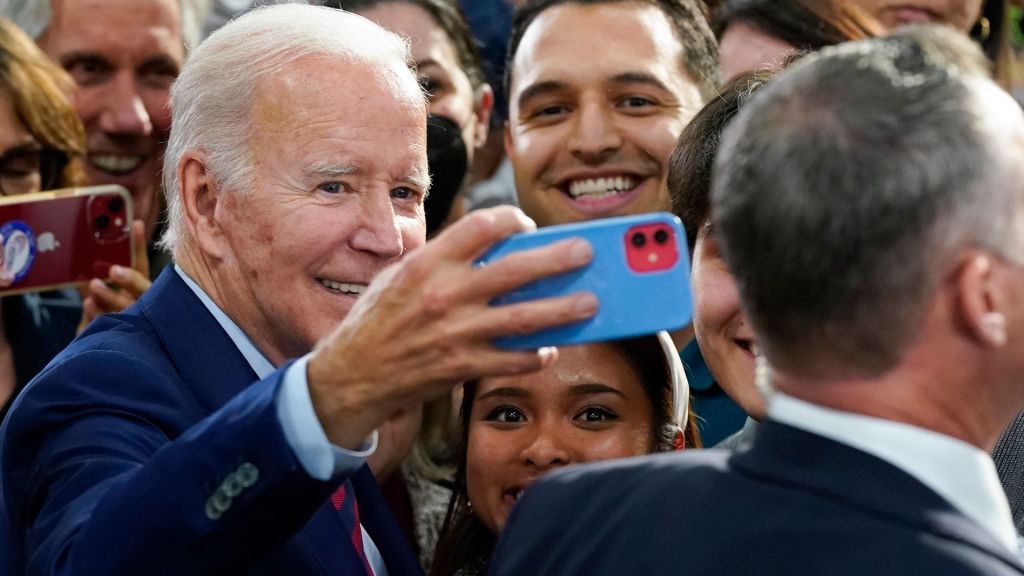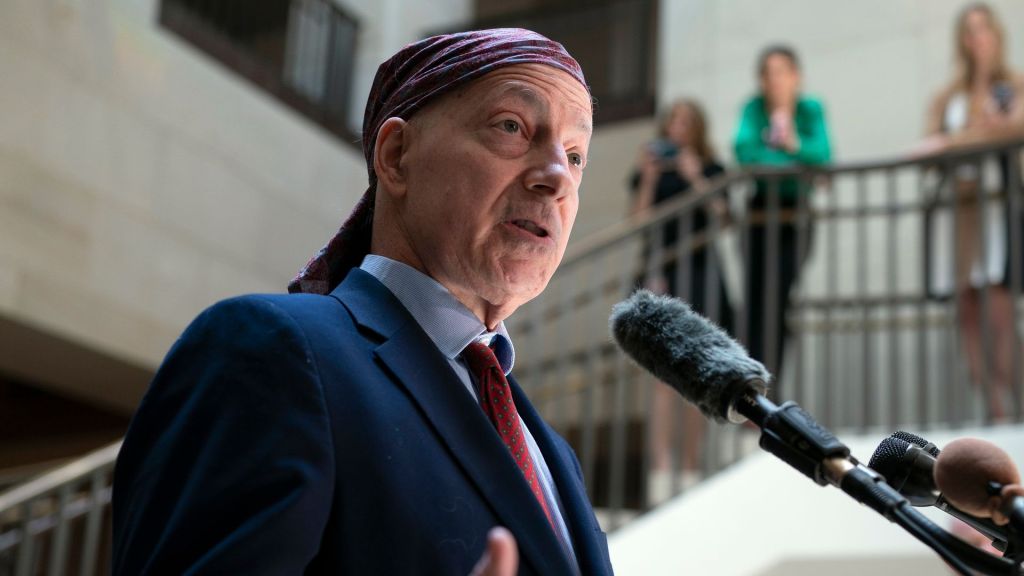
Dr. Jacqueline Miller, Moderna senior vice president: “We observed a 36.4% decrease in the incidence of cases in those who were vaccinated more recently as compared to those who were vaccinated at an earlier time.”
“These findings are consistent with the waning antibodies I previously showed, particularly to the variants of concern. And they’re also consistent with the findings of several real world evidence studies, which have documented reduced vaccine effectiveness to the delta variant. One way to increase antibody titers to the delta variant could be to administer a booster dose of mRNA-1273.”
“We chose the 50 microgram dose for the booster because we believe we should vaccinate with the lowest amount of antigen needed to induce an immune response, at least equal to that in study 301.”
Sharon Alroy-Preis, Israel’s Ministry of Health: “I think that we can say when we’re looking at all the data, the epidemiological data in Israel so far is that the administration of the booster dose helped Israel dampen the infections and the severe cases in the fourth wave. So we’re now coming out of the fourth wave that was without the booster dose, I believe would have put us in a worse place with a really high burden on hospitals with severe and critical patients. And we were able to get out of this wave due to the booster dose.”
Dr. Arnold Monto, FDA’s Vaccines and Related Biological Products Advisory Committee chair, reading voting question: “Do available data support the safety and effectiveness of Moderna COVID-19 vaccine for use under EUA as a booster dose, 50 micrograms mRNA-1273, at least six months after completion of a primary series in the following populations: individuals 65 years of age and older, individuals 18 to 64 years of age and high risk of severe COVID-19 and individuals 18 through 64 years of age whose frequent and institutional or occupational exposure to SARS-CoV-2 puts them at high risk of serious complications of COVID-19, including severe COVID-19?”
Kathleen Hayes, FDA’s designated federal officer: “We do have a unanimous 19 out of 19 yes votes, and that concludes the voting portion.”
Arnold Monto, committee chair, reading voting question: “Do available data support the safety and effectiveness of Janssen’s COVID-19 vaccine for use under EUA as a booster dose in individuals 18 years of age and older, at least two months after a single-dose primary vaccination?”
Kathleen Hayes, designated federal officer: “We do have 19 out of 19 unanimous yes votes for this question. Thank you.”
Dr. Paul Offit, committee member: “I think this, frankly, was always a two-dose vaccine. I think it’s better as a two-dose vaccine, it’s hard to, be hard to recommend this as a single-dose vaccine at this point.”
“Seems to me the most logical thing to do at this point would be to say that a second dose is recommended for for at least two months later.”
Dr. Oveta Fuller, temporary commitee member: “We are in a world global pandemic. We, as a committee, enthusiastically approved or recommended the J&J back in February because of where it could go and what it could do. Remembering that this pandemic will not be managed until we manage it globally, and yes, I know we are only concerned directly with the USA, but it is important to remember that there are many people who cannot get vaccines at all, and this one can go places and do things and is highly effective, as we approved or recommended in February.”
Dr. Archana Chatterjee, committee member: “The big difference here is that the single dose does not seem to afford as much protection as the mRNA-based vaccines did. And so this is really with the second dose bringing it, I think, on par with those other vaccines in terms of effectiveness.”






